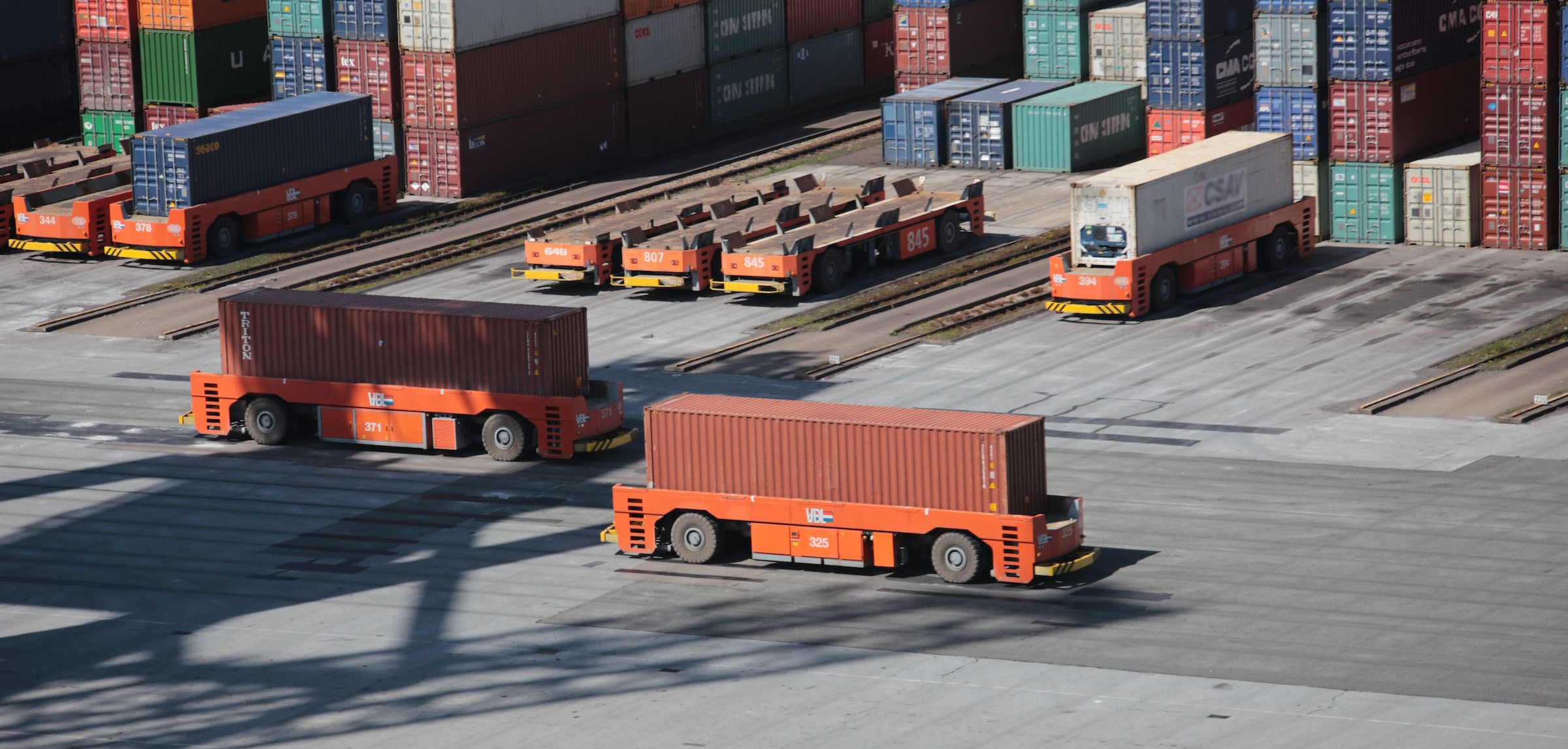The logistics industry plays a significant role in contributing to the overall Gross Domestic Product (GDP) of India. Studies show that the logistics sector accounts for approximately 14.4% of the GDP, which highlights its importance to the economy. Logistics management has become increasingly crucial in today's digital age as it plays a pivotal role in optimising supply chain processes and improving the overall customer experience. Businesses recognize that logistics management is a critical factor in determining how goods are acquired, stored, and transported to the end consumer. The World Economic Forum convened in Davos, Switzerland, centred on "Stakeholders for a Cohesive and Sustainable World," emphasising the role of businesses and individuals in promoting a sustainable future. Among the key discussions, global logistics trends were at the forefront. These are critical factors that have been discussed as part of the logistics agenda:
Smart and Sustainable Logistics
Already, smart logistics are driving significant improvements in efficiency and cost reductions for logistics and e-commerce companies. As the logistics industry continues to evolve, the role of data analytics will play an increasingly important role in shaping the future of the sector. This encompasses leveraging data to enhance supply chain management, monitor warehouse operations, and track real-time delivery updates. Experts also discussed the potential for logistics companies to drive sustainability in the future. This includes exploring initiatives such as adopting alternative fuels, introducing electric vehicles, and implementing sustainable packaging practices. These actions can have a significant impact on reducing carbon emissions and minimising the environmental impact of logistics operations. By embracing such sustainable practices, logistics companies can take a proactive stance in mitigating their impact on the environment and demonstrate their commitment to building a sustainable future.
Autonomous Deliveries and Cross-border E-commerce
Experts at the World Economic Forum have emphasised the immense potential of autonomous deliveries, not only in transforming the way goods are delivered but also in generating new business models and growth opportunities for the logistics sector. This cutting-edge technology is expected to reduce delivery times, enhance accuracy, cut costs, and minimise CO2 emissions. As more and more consumers opt to purchase goods from overseas retailers, logistics companies are harnessing technology to navigate the complexities of diverse customs regulations, languages, and currencies, and to ensure efficient and timely delivery of goods to customers in different countries.
Roadcast: Advancing Daily with Innovative Features
The Advancements and Implications of Autonomous Deliveries
Our delivery service management platform is configurable and extensive, thanks to live location tracking, video streaming, and route optimization. Our platform integrates seamlessly with a wide range of sensors and GPS devices to provide unparalleled vehicle monitoring, whether you're tracking fleets for businesses, school buses, or personal vehicles. Our features provide vital data, including harsh acceleration, harsh braking, and speed, that can be used for compliance and regulatory purposes, as well as for training and coaching drivers to improve their performance.
We at Roadcast are continuously evolving our drone technology. This could reduce delivery times, costs, traffic congestion and pollution. Drones are equipped with cameras and sensors that can capture high-resolution images and video footage. This makes them useful for aerial surveillance and monitoring of areas that are difficult to access. They can be used in agriculture to monitor crop health, detect irrigation problems, and map fields. They can also be used in disaster response situations to assess the damage, locate survivors, and deliver supplies.
Greening the Supply Chain
Our platform's EV Battery Management System (BMS) generates dependable reports and assists in managing the battery status of each vehicle, guaranteeing peak performance. Through features such as real-time tracking, keyless ignition and mobilisation-immobilisation, the fleet manager can take full control of the electric vehicle fleet. Additionally, we offer crucial safety features of wheel lock operation and smart alarms which help prevent thefts.
EVs produce zero emissions, meaning they do not contribute to air pollution, smog, or greenhouse gas emissions. This is crucial in combating climate change and improving air quality. They are powered by electricity, which can come from a variety of sources, including renewable energy such as solar or wind power. While EVs can be initially more expensive than traditional gasoline-powered vehicles, they offer lower operating costs over the long term due to lower fuel costs and maintenance costs. EVs are leading the way in technological advancements, including battery technology, charging infrastructure, and autonomous driving. This creates new opportunities for innovation, job creation, and overall economic growth.
Let’s Sum Up
The above-mentioned trends have become increasingly important due to their potential to increase efficiency, reduce costs, and minimise environmental impact. Adopting these approaches can lead to long-term benefits for businesses, consumers and the environment. We are optimistic that the ongoing efforts will yield positive results and contribute significantly to the growth of the logistics industry and the broader economy. Through continued engagement and cooperation, we can build a sustainable future that benefits all stakeholders, creating new opportunities for growth and prosperity.
